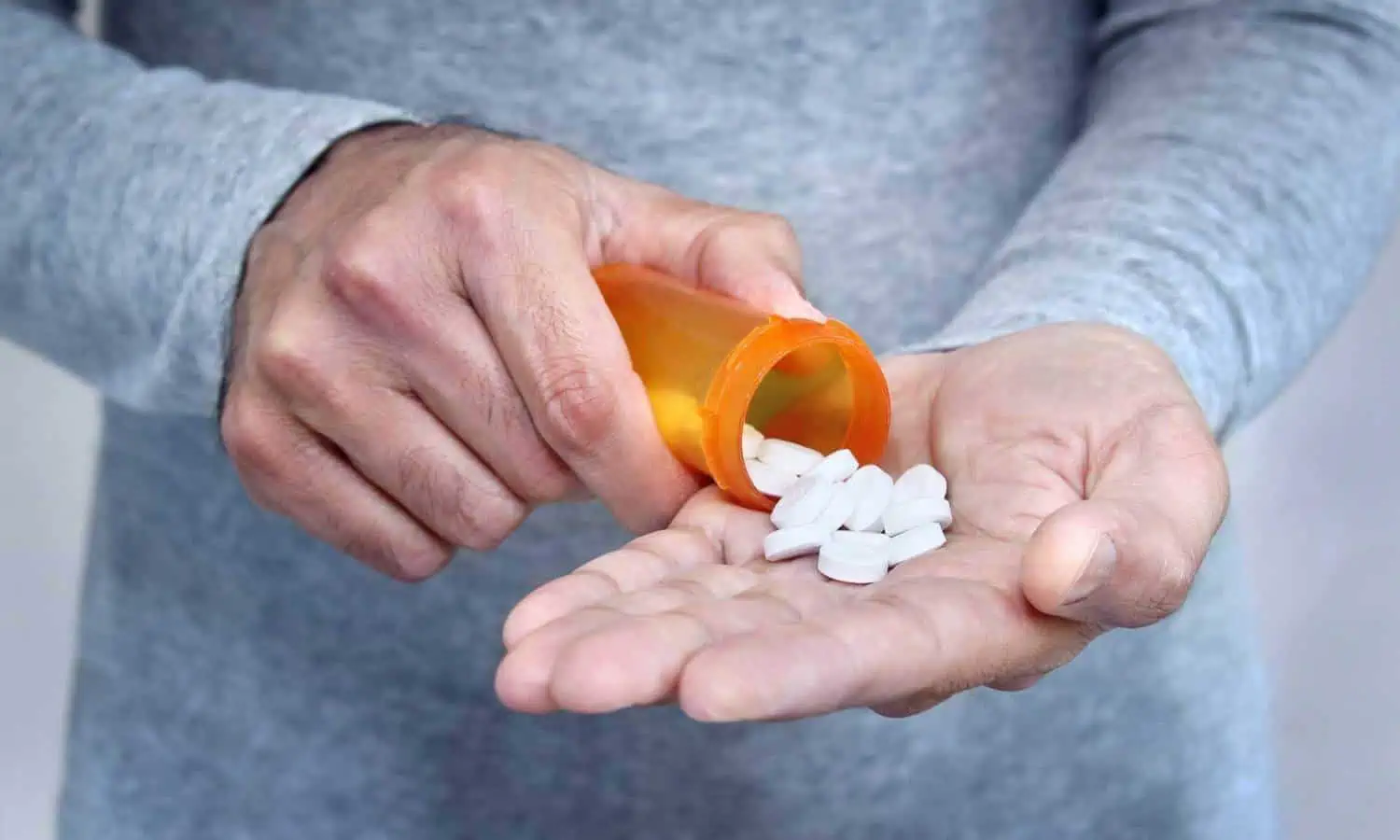If you’re a millennial, odds are you are familiar with Venmo, the mobile money-transfer app that enables users to compensate their friends for purchases such as food, concert tickets, and even drugs. The app’s function is simple: You want pizza, but you don’t have your wallet, so your friend offers to buy you the slice. To compensate, you open your Venmo app. With just a couple of clicks and a quick search of your friend’s name, the money for the pizza is transferred from your account to theirs, and you’re free to enjoy your Sicilian slice.
While its convenience certainly makes the app appealing, Venmo is becoming an outlet for less safe purchases, like drug exchanges. According to a survey conducted by LendEDU, a student loan refinancing company, nearly one-third of the respondents admitted to having used Venmo to pay for drugs.
It makes sense. With the ease of transferring money from one account to another, Venmo has become the predominant method of mobile payment for most Millennials. Say finals are coming up, and you’re looking to purchase some Adderall from a peer. You go to make the exchange, and the dealer says, “Just Venmo me.” Your payment is quickly processed, and you walk away with Adderall in your pocket. No need to do the awkward and ever-sketchy handshake transfer in dark alleys anymore. All you need is a bank account and a smartphone.
Of course, unless otherwise specified, Venmo purchases are viewable by the public. There are even websites that filter search terms pertinent to sex, drugs, and drinking and publish them for the world to see.
Most of the descriptions seem to be jokes. For example, a recent transfer from one friend to another read, “Thanks for the illegal drugs and weapons!” Nonetheless, purchases are public, so anyone from parents to law enforcement can quickly pull up your history to be used against you.
In 2015, Michael Getzler, a sophomore at Columbia University, was arrested for drug dealing through Venmo. This caused many at the Ivy League university to panic, considering Getzler’s Venmo page was easily obtained by the police. With Venmo’s increase in popularity, it is safe to assume more cases like this one will pop up around the country.
In a statement to Fortune, Venmo said, “As clearly outlined in the Venmo User Agreement, people are prohibited from using Venmo for gambling or payments that involve drugs. If there is ever a situation where evidence of gambling or other illegal activity is brought to our attention, Venmo works quickly to take appropriate action.”
If you or a loved one is struggling with addiction, Mountainside can help.
Click here or call (888) 833-4676 to speak with one of our addiction treatment experts.

 By
By 







